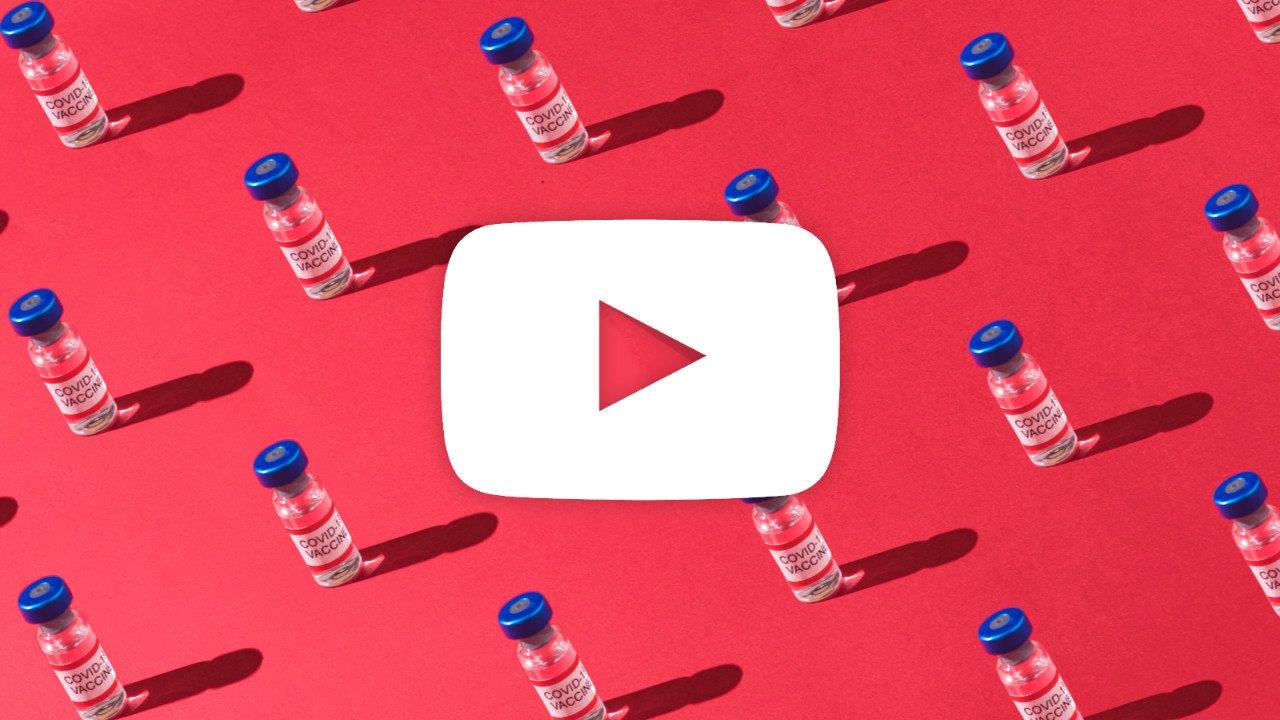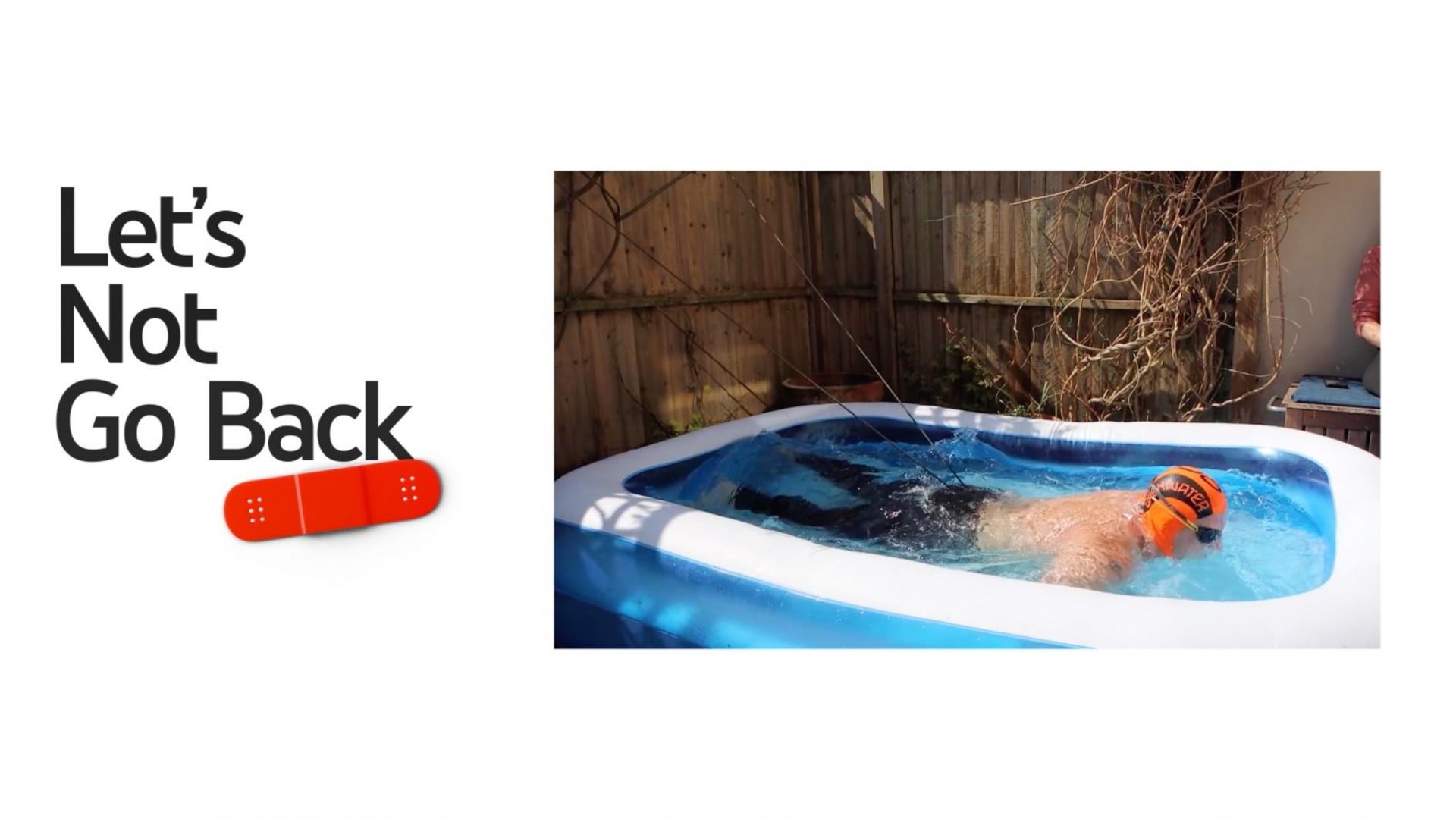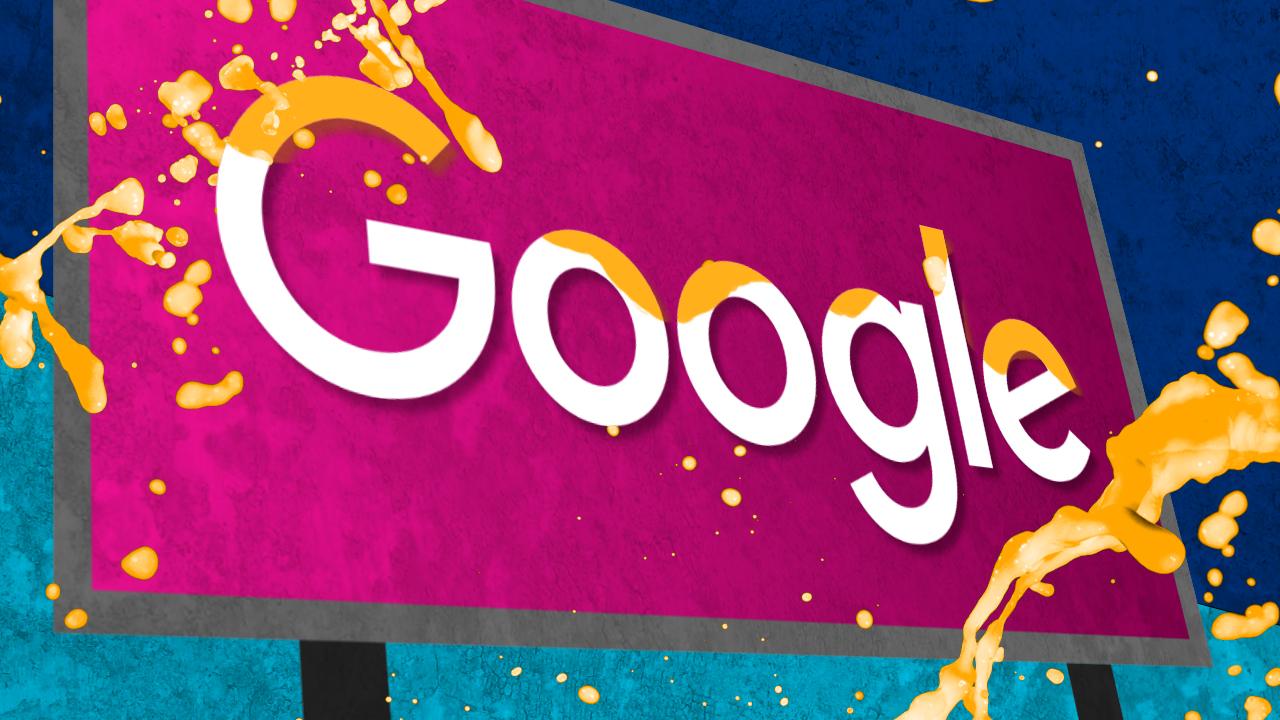Covid-19: YouTube launches vaccination ad campaign
- Published

YouTube has launched a multi-million-pound advertising campaign to encourage young people in the UK to get vaccinated against Covid-19.
It said the partnership with the NHS would involve ads on buses, billboards, bus stops and YouTube, with the video-sharing site paying for them.
YouTube has been criticised for being slow to stop the spread of coronavirus disinformation.
But it said it had removed 900,000 Covid-19 videos that broke its rules.
The campaign will feature the slogan Let's Not Go Back and will show group activities and events - such as concerts - that will be possible again after the pandemic.
YouTube's UK managing director, Ben McOwen Wilson, said he wanted to avoid "vaccine ambivalence" among young people as life starts to return to normal over the summer.
He said the video-sharing platform had "huge reach" among under-35s and could communicate with young people in a way that was light-hearted and not preaching.

YouTube said the campaign would be 'light-hearted'
In October, YouTube changed its policy to ban misleading claims about the coronavirus vaccine.
However, it faced continued criticism about the spread of disinformation.
In March, the Center for Countering Digital Hate (CCDH) released a report, stating: "Anti-vaccine activists on Facebook, YouTube, Instagram and Twitter reach more than 59 million followers, making these the largest and most important social-media platforms for anti-vaxxers."
Mr McOwen Wilson said the coronavirus pandemic had "moved rapidly" and that YouTube had regularly reviewed its policies, working with information partners such as the NHS and World Health Organization.
He said the platform had removed 900,000 videos that broke its rules on coronavirus misinformation and said banners linking to authoritative sources of information had been clicked 500 billion times.
Dr Nikki Kanani, medical director for primary care at NHS England, said: "It is great to have support from platforms such as YouTube, to reassure people that the vaccine is safe, simple and effective.
"I urge everyone to book in for a vaccine when you are eligible."


YouTube was typically ahead of the curve when it came to introducing policies to tackle harmful anti-vaccine content.
And this marks another new - and critics would argue much-needed - initiative.
Young people are more active users of social-media sites and as a consequence are more likely to be exposed to conspiracies and falsehoods online.
I have investigated the impact of anti-vaccine content online for months, and there is no doubt that the very conspiracies that may have heightened vaccine hesitancy among young people have spread on sites such as YouTube.
Several popular influential users promoting harmful falsehoods about vaccines have cultivated their followings on YouTube over the past year - and the site has come under fire for only recently acting on those accounts.
The conspiracies they have spread, including about fertility, have often been aimed directly at younger women in a bid to put them off the jab.
While a campaign like this might reiterate the science of vaccines and value of collective immunisation, it may struggle to undo the damage done by emotive anti-vaccine propaganda to which younger social-media users have been hyper-exposed.
- Published3 May 2021
